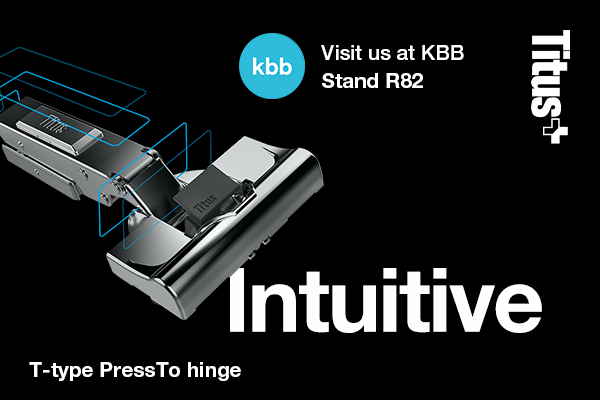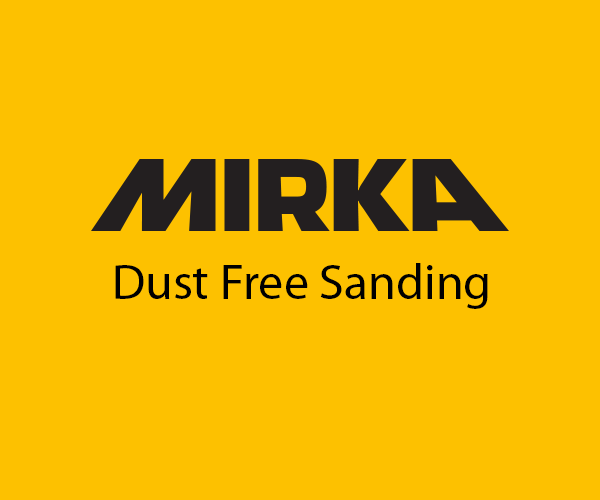Biomass energy and wood combustion systems have been around for quite some time, but since the introduction of the Government’s Renewable Heat Incentive scheme, with a deadline of April 2016, a business could be paid for creating energy for the next twenty years.
For 40 years, Mawera has been developing and installing varying sizes of biomass energy and wood combustion systems of the highest standards to furniture, joinery and woodworking firms such as JJO plc, Decorpanel and BeModern.
Mawera’s four decades of experience and capability has put the Staffordshire firm in the vanguard of the UK market and its products are ideally suited for firms looking to benefit long-term from the RHI scheme, primarily because its products will actually last for those 20 years, unlike some boilers on the market today. Not all installations can qualify for the scheme, it only applies to boilers which create eligible heat for the heating of factory or office premises, or process heating.
Mawera biomass boilers are built to last and they fit specific requirements ranging from 110- up to 13,000kW suitable for a diverse range of wood fuels.The three companies mentioned earlier all elected to specify an FSR range solution for their businesses.
The FSR range is a robust, heavy-duty option particularly designed to burn wood fuel with a high level of contaminants, such as sand, glass, scrap metal. Also, the FSR creates low particulate matter with recirculation of five gases and filtration because this type of firebox boiler uses low NOx firebox technology.
John Clissett explains: “Our low-NOx-combustion chamber is equipped with variable- and controlled primary air supply which is an important feature to reduce NOx emissions.
“In terms of the design and operation of the FSR range, the geometry of the primary combustion area (wood gasification) as well as that of the secondary combustion (oxidation) in the firebox was developed in our test facilities and is based on the latest scientific research conducted in cooperation with Graz Technical University.
“As a result, NOx emissions are reduced by 80% compared to fireboxes with a conventional grate technology. Wood fuel is discharged from silos and bunkers using our walking floor conveyor and our silo discharge system, respectively. Depending on architectural constrains and the particle size of the fuel, chain conveyors, push rods, or tube screw conveyors can be used to convey the fuel.”
Mawera firebox boilers have a modular design concept. Firebox boilers FSR with a flat moving grate are available with a range of rated capacities.
The length of the grate is designed according to the moisture content of the fuel and the type of boiler required. Mawera also rebuilds and retrofits existing wood-fuelled firebox boilers. The company’s experts assess the existing boiler plant and elaborate a concept for extending, rebuilding, or retrofitting it.
“The situation for smaller biomass systems has changed recently,” explains John, “and tariffs are being adjusted down for smaller boilers. But for the market Mawera operates in, the incentive remains a considerable amount of money for providing fuel to heat your own facility – and then add to that the savings made on significantly reduced oil or gas overheads and the financial argument is strong. The payback for a typical Mawera installation is around four to six years – and of course, a properly-serviced Mawera system will actually last for 20-30 years without problems, typically several times that payback period and for the duration of the RHI.”
With a application deadline of next April, businesses looking to take advantage of the RHI would be well advised to make enquiries sooner rather than later.









